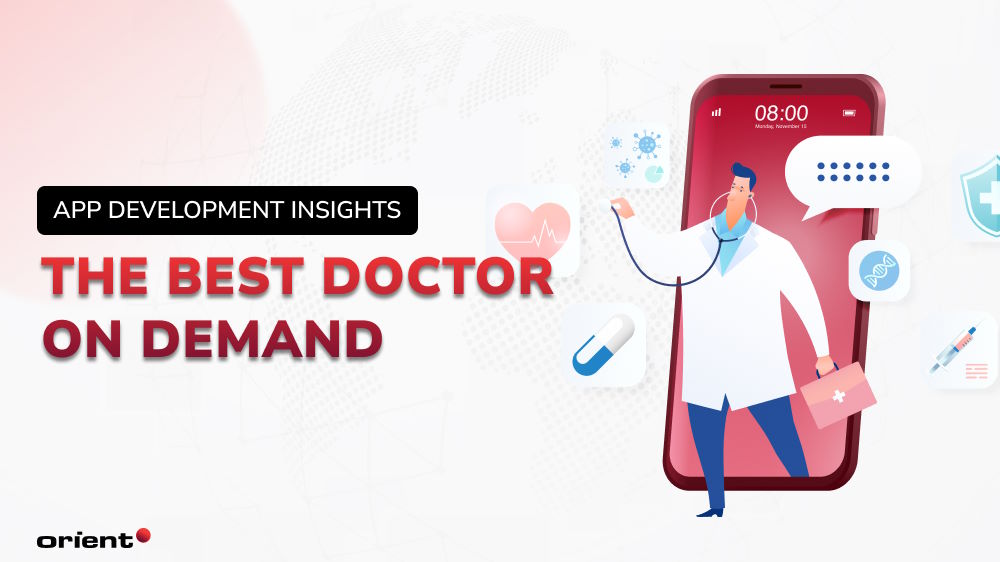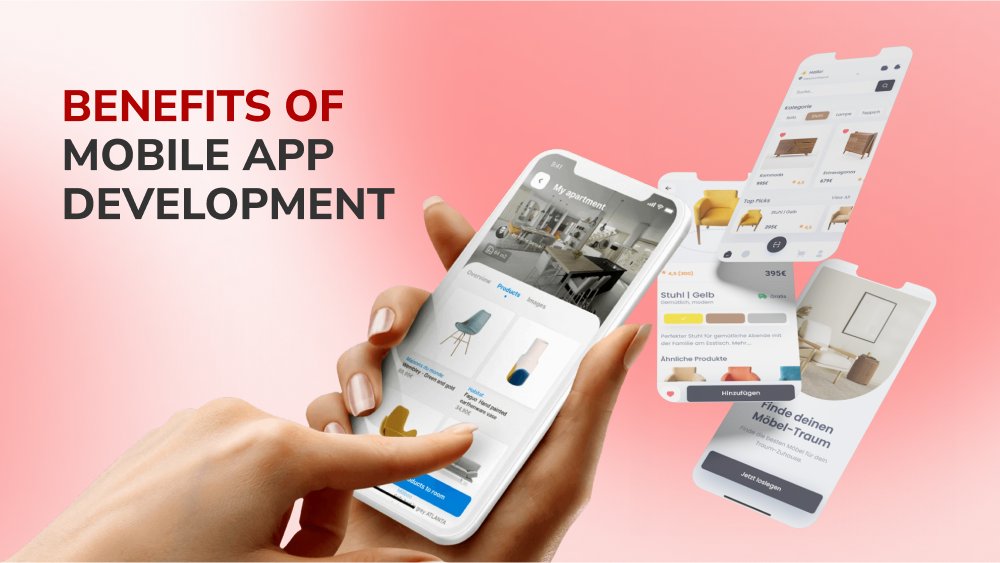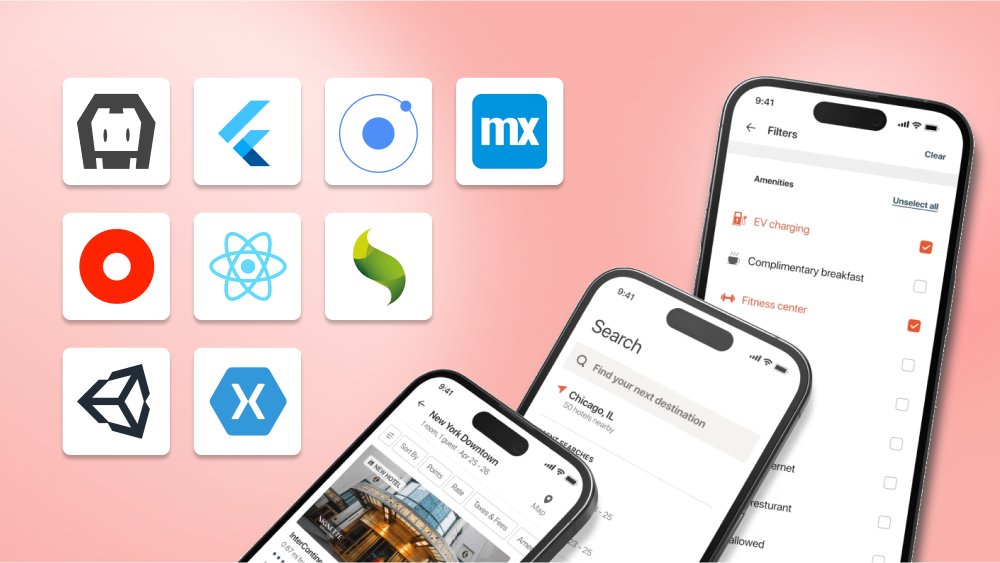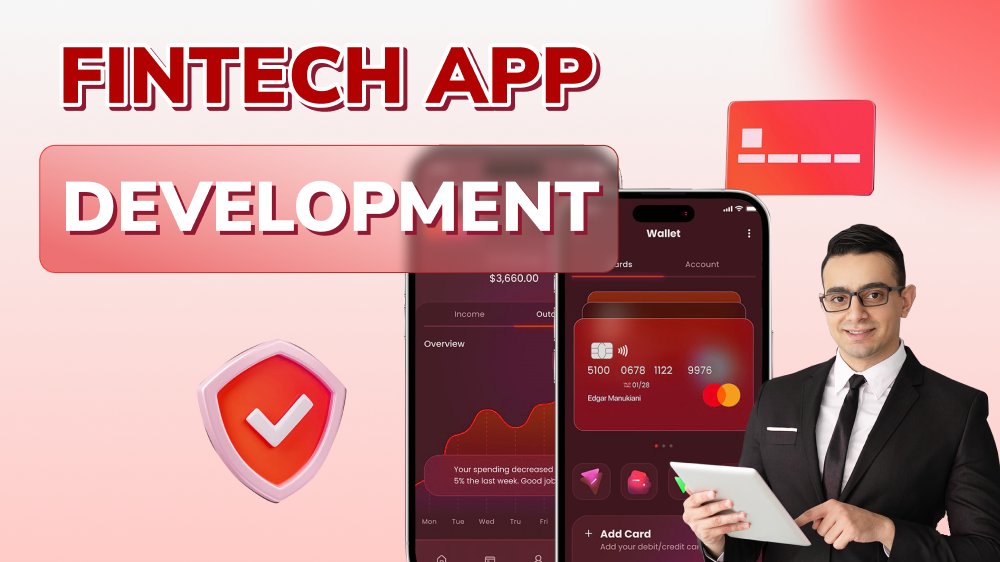The Best Doctor-on-Demand App Development Insights You Need to Know

Content Map
More chaptersTechnology has reshaped our lives in every possible way. Almost everything can be found, ordered, or called through a small glowing device that fits neatly in the palm of your hand. Every industry has worked hard to utilize the digital revolution to its advantage. Of course, the healthcare industry is no exception.
Telehealthcare has made healthcare services accessible and convenient. In many cases, of course, directly seeing your physician is still the best option. However, in just as many cases, connecting with a healthcare professional through an on-demand doctor app within 30 minutes from the comfort of your home isn’t such a bad choice either.
The telehealth market growth has been impressive. Now is the perfect time to capitalize on its growth and jumpstart your doctor-on-demand app development project.
Telemedicine and Doctor-on-Demand Market Overview
According to research firm IBISWorld, the pandemic led to a significant increase in telehealth visits, reaching a peak of 154% in 2020. Regulatory flexibility and increased insurance coverage facilitated this shift. Despite usage falling, telehealth’s role in healthcare delivery remains, with revenue expected to grow at a CAGR of 26.4% to $26.3 billion over five years.
Rockhealth’s 2022 survey found that the adoption of telemedicine reached 80%, meaning four in five people surveyed have used telemedicine at least once. Telemedicine apps have become the preferred channel when it comes to minor illness and prescription care.
Revenue from the global telehealth and telemedicine market was projected to reach $120.4 billion in 2023 and is foreseen to increase at a compound annual growth rate (CAGR) of 23.2% to reach $285.7 billion by 2028.
What do these numbers tell us? The usage of telehealth applications is widespread and prevalent. Doctor-on-demand apps, remote patient monitoring apps, mobile health apps, and more are here to stay. Digital transformation in the industry is redefining the relationship between healthcare professionals and patients.
What Is Doctor on Demand and How Does it Work?

Definition
St. Olaf College defines doctor on demand as “a healthcare service that uses a front-facing camera-equipped computer, tablet, or smartphone that can be utilized to schedule same-day appointments with board-certified physicians or next-day consultations with psychologists and psychiatrists.”
Doctor-on-demand apps empower patients to connect to their healthcare providers from the very comfort of their homes.
Examples of Doctor-on-Demand Apps
In order to better understand how doctor-on-demand apps work, let’s take a look at some of the most popular apps on the market.
DoctoronDemand
DoctoronDemand is one of the market pioneers. It provides video consultations with licensed healthcare providers for common conditions like allergies or colds.
The main features the app offers include video calls, upcoming doctor appointment reminders, and prescription services.
Teladoc
Teladoc is another major player in the telemedicine market. This doctor-on-demand application helps patients avoid ER visits for minor health issues. Some of Teladoc’s major features include connecting to a medical professional via video chat, phone calls, or mobile apps for mental health and physical health consultations. If deemed appropriate, physicians can also write prescriptions for patients.
ZocDoc
ZocDoc is an online doctor appointment app. In short, it helps users locate clinicians in their area that cover their insurance. ZocDoc offers video call platforms so patients can pay virtual visits to their chosen physicians. The app also allows patients to search with filters like insurance acceptance, health concerns, and available appointment times.
How Do On-Demand Doctor Apps Work?
If you pay a visit to the mentioned application websites, they often have a section briefly explaining how to use doctor-on-demand apps. Most apps, if not all, share a common user guidance.
1. Register and set up your account. Most doctor-on-demand apps allow a quick and simple register and profile setup process.
2. Fill out the necessary information. Your healthcare providers will need some context on your medical history, so users need to provide symptoms and let the app know their concerns.
3. Based on location, health concerns, or insurance plans, the app suggests appropriate medical professionals.
4. After the online consultations, patients receive their prescriptions and conduct their online payment via their chosen payment gateway.
Top Features of a Doctor-on-Demand App

The demand doctor app development process itself entails numerous steps and major decisions. To help you cover the base and have a better idea of what makes up a comprehensive telemedicine app, we have compiled a list of must-have features. The following key features are categorized based on their target audience, which includes users and doctors.
Application for Users
Advance Register Process
The sign-up process should be as frictionless as possible, meaning it is easy and fast and gives users the choice to sign in with their social media accounts.
User Profile
For the ultra-customized healthcare experience, a user profile with the patient data is necessary. This gives doctors more insight into the patient’s condition.
Custom Filters
The application’s search bar should be easy to navigate with built-in filters like specialty, location, pricing, and the insurance that doctors accept.
Appointment Scheduling and Reminders
Users should be able to schedule an appointment quickly by viewing the doctors’ available dates. This is especially crucial if you aim to work on a doctor appointment app development project. The calendar feature is often accompanied by an appointment reminder feature as well to make sure patients don’t miss their consultations.
In-app Camera and Messaging
This feature is essential when users need to upload their medical records or hop on video consultations. Should patients have any further concerns, the in-app chatting platform allows users to quickly connect to medical professionals.
Secure Payment Gateway
Ideally, users can choose their preferred payment method, such as Internet banking, debit card, credit card, employer coverage, and so on. You need to make sure the payment gateway is extra secure due to the sensitive data it contains.
Feedback
After the virtual visit, let users leave feedback and rate the physician. This gives customers more insight when they are choosing a healthcare provider.
Application for Doctors
Doctors’ Profile
Just like patients, doctors should be able to create a profile that details their specialty, fees, experience, etc.
Electronic Health Record
An on-demand app is more than a doctor appointment booking app. The app plays a major role in giving doctors the insight needed to provide patients with the best diagnoses.
Calendar
Medical professionals use the calendar feature to let patients know the available days and hours. This feature is often paired with appointment management tools that allow doctors to accept or reject appointments.
Document Sharing
A robust healthcare app can easily capture and manage a large number of documents without lagging. A document-sharing feature is essential since doctors frequently need to discuss specific cases to make precise diagnoses.
Prescription
In addition to storing documents, the application needs to enable doctors to prescribe medicine and revisit past prescriptions when needed.
Doctor-on-Demand App Development Steps

No app development project is the same. It is best to talk to experts and discover what development methodologies work best for you. Nonetheless, there are fundamental steps that every project should follow to achieve success.
Discovery Phase/ Market Research
As the saying goes, “If you fail to plan, you are planning to fail!” Thorough planning is crucial. This process involves everything from identifying your target audience and desired application features and studying your competitors to working out the primary goal of the application. This stage helps you understand the lay of the land in order to stand out in the market.
Obtain Relevant Medical Certification
One cannot build a successful doctor-on-demand app without complying with the various regulations and standards concerning data privacy, medical practice, and so on. Depending on your chosen market’s geographical location, you might need to comply with HIPPA, FDA, or GDPR. Make sure you go through the local guidelines thoroughly, so you don’t risk app rejection in the future.
Tech Stack Selection
For IOs projects
Swift, created in 2014 by Apple, is the best technology for healthcare app development. It allows programmers to develop extensive applications with solid code. Its statically typed language provides high data security, reducing the burden on the team.
For Android Projects
Kotlin and Java are the two main programming languages for healthcare app development. Java is simple and provides clear syntax rules and semantics. It offers top-notch security and robust code with reliable runtime control.
Cross-platform Development
React Native, Xamarin, and Flutter are more widely used for cross-platform app development, allowing developers to create applications for different operating systems while still using the same code and easy-to-update functionalities. They are open-source frameworks that support Android, Windows, iOS, etc.
UX/ UI Design
Being user-friendly should be the main focus during the UI/UX design phase. Patients wouldn’t want to fumble around with buttons when they are in pain or feeling unwell. The design also needs to reflect the business’ values and brand image.
App Development
The development process typically consists of backend and frontend development. Backend development takes care of the programming language, the apps’ logic, and communication with the external system.
The frontend team covers the application interface.
This is one of the longest and most vital steps in the development project. Hence, make sure you hire a team of qualified developers and keep a close eye on the development process.
Testing
No app should be launched untested. The quality control step ensures the app’s features and functionalities operate properly and provide users with the most seamless experience.
Launching and Maintenance
The hard work is yet to be over, even once you launch the application. Your team needs to regularly monitor the application, fix bugs, and update the application per feedback. This process can be time-consuming.
Having a professional software development company onboard like Orient Software gives you time and space to focus on strategic activities while ensuring the application remains top-tier quality.
FAQs for Doctor-on-Demand Apps: Understanding Patients’ Needs
What are some conditions that can be treated using doctor-on-demand apps?
Physicians on doctor-on-demand apps can treat conditions like allergies, diarrhea, heartburn, rashes, nausea, and sports injuries.
Mental health problems like stress, depression, addictions, or eating issues can also be treated by psychologists.
What if a lab test is needed?
Often, apps have partner labs that can run their tests for you. All you need to do is visit the lab and wait for the results to be sent back to you.
How quickly can a patient see a medical professional?
The appointments are available by appointment or on demand. Some specific on-demand services, however, require advanced booking.
Do doctor-on-demand apps replace meeting primary care providers completely?
On-demand doctor apps are meant to complement in-person care. Chronic conditions still require treatment from healthcare facilities.
Contact Orient Software now if you want to build a winning doctor-on-demand application!







